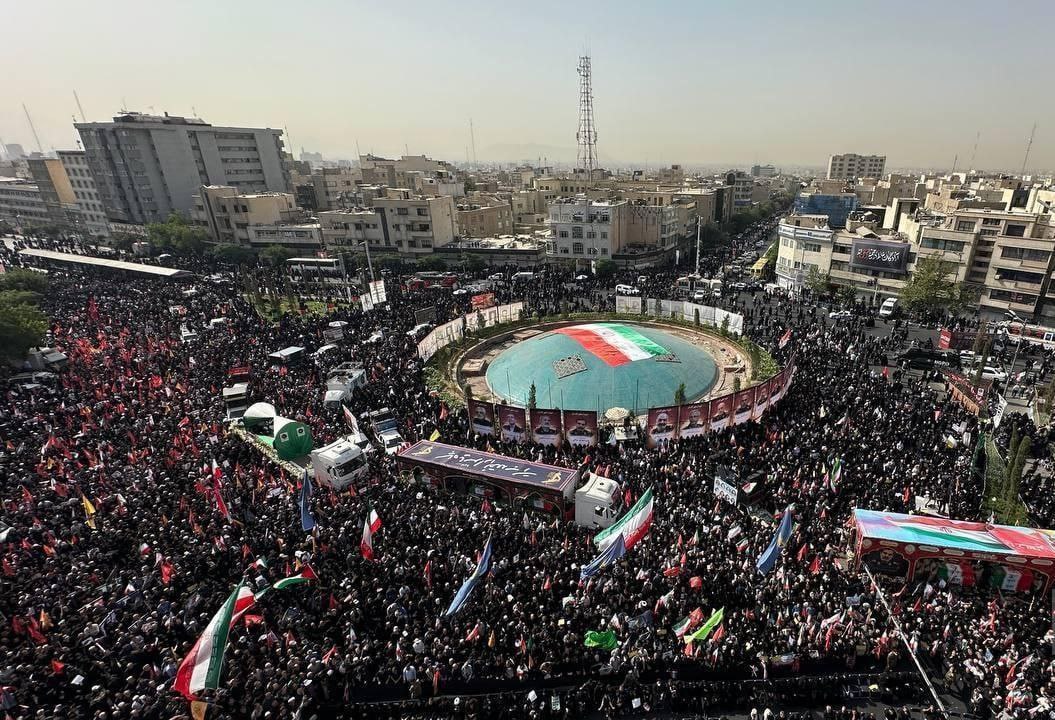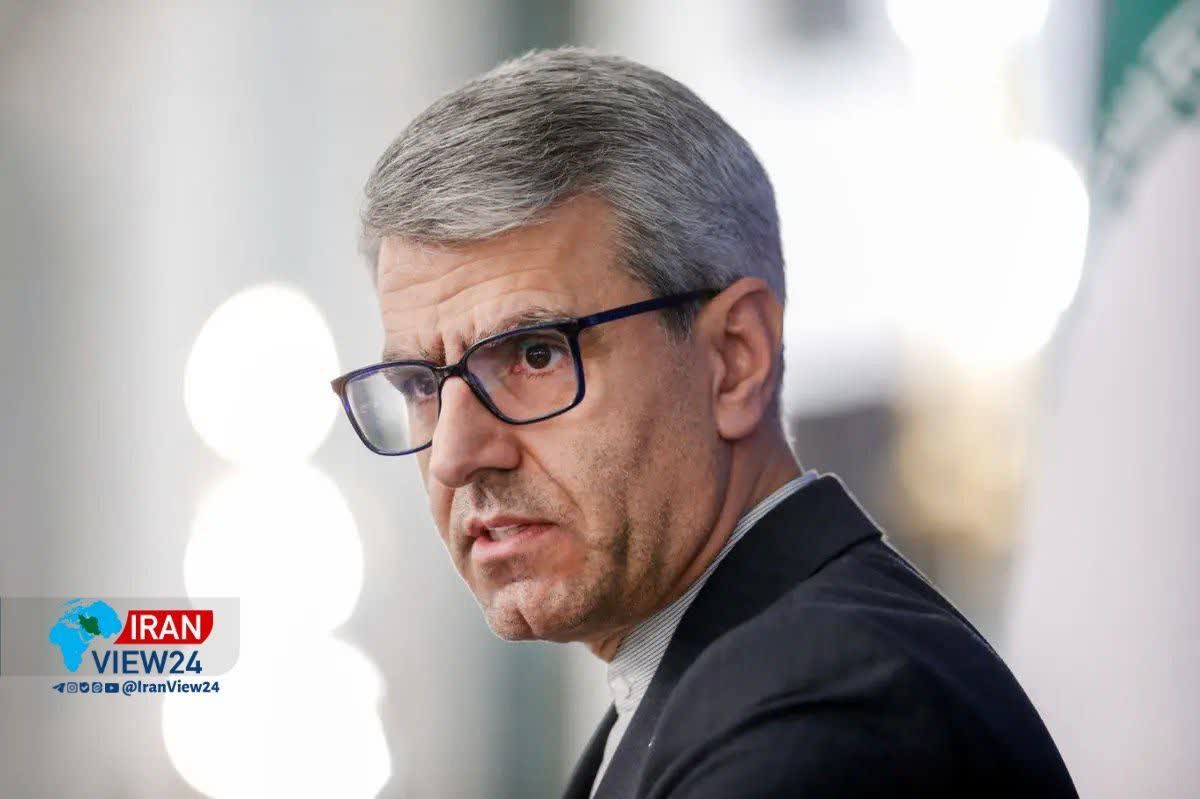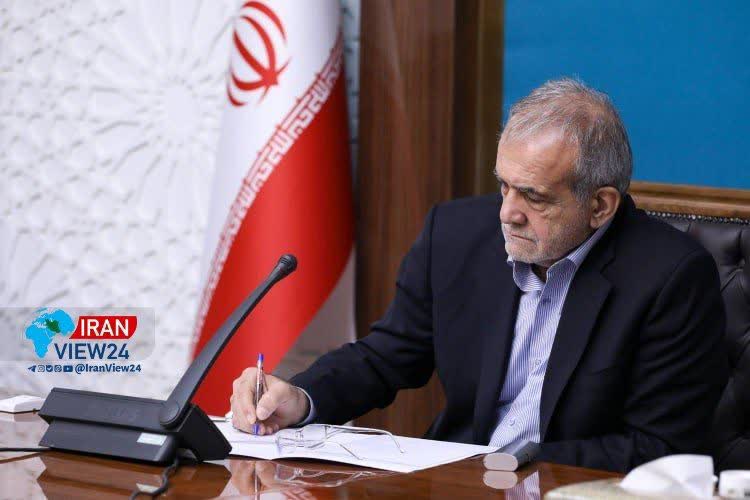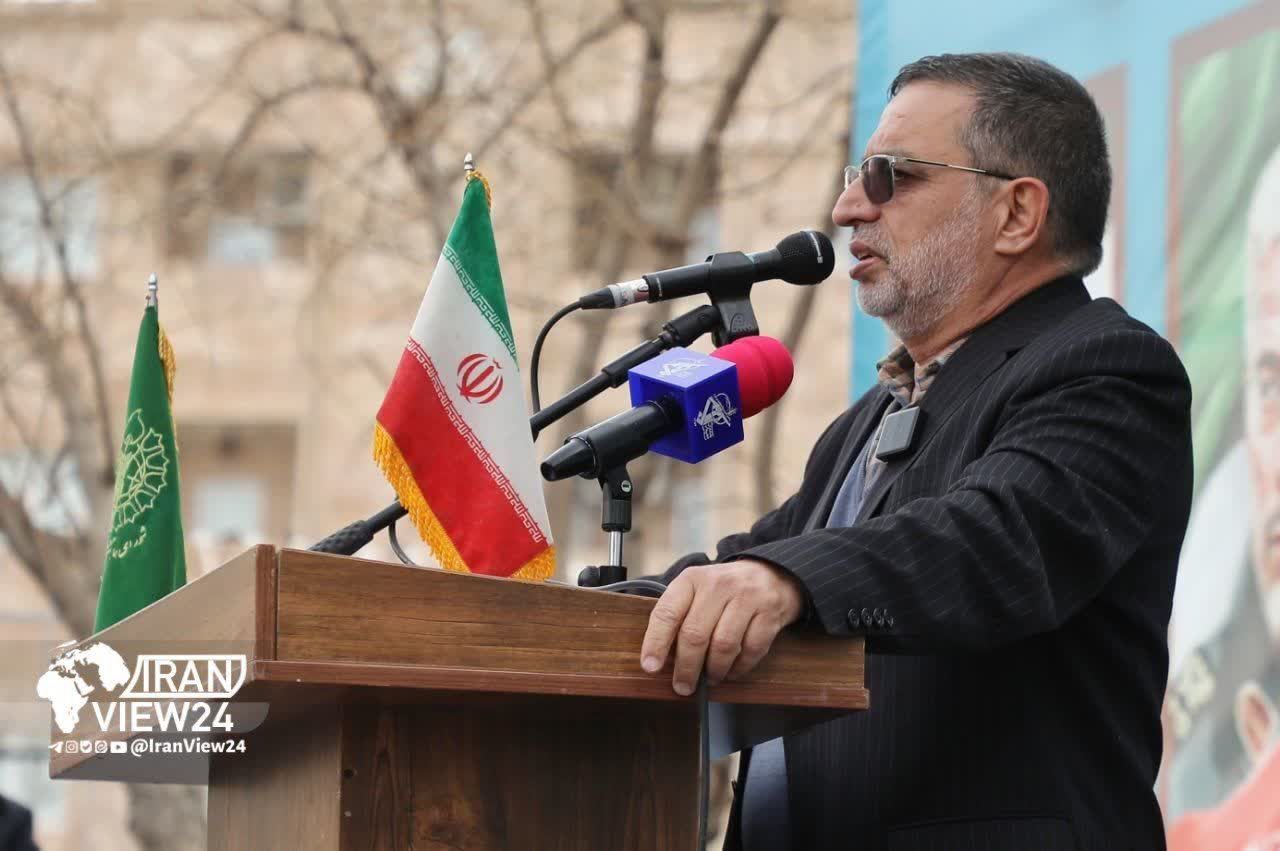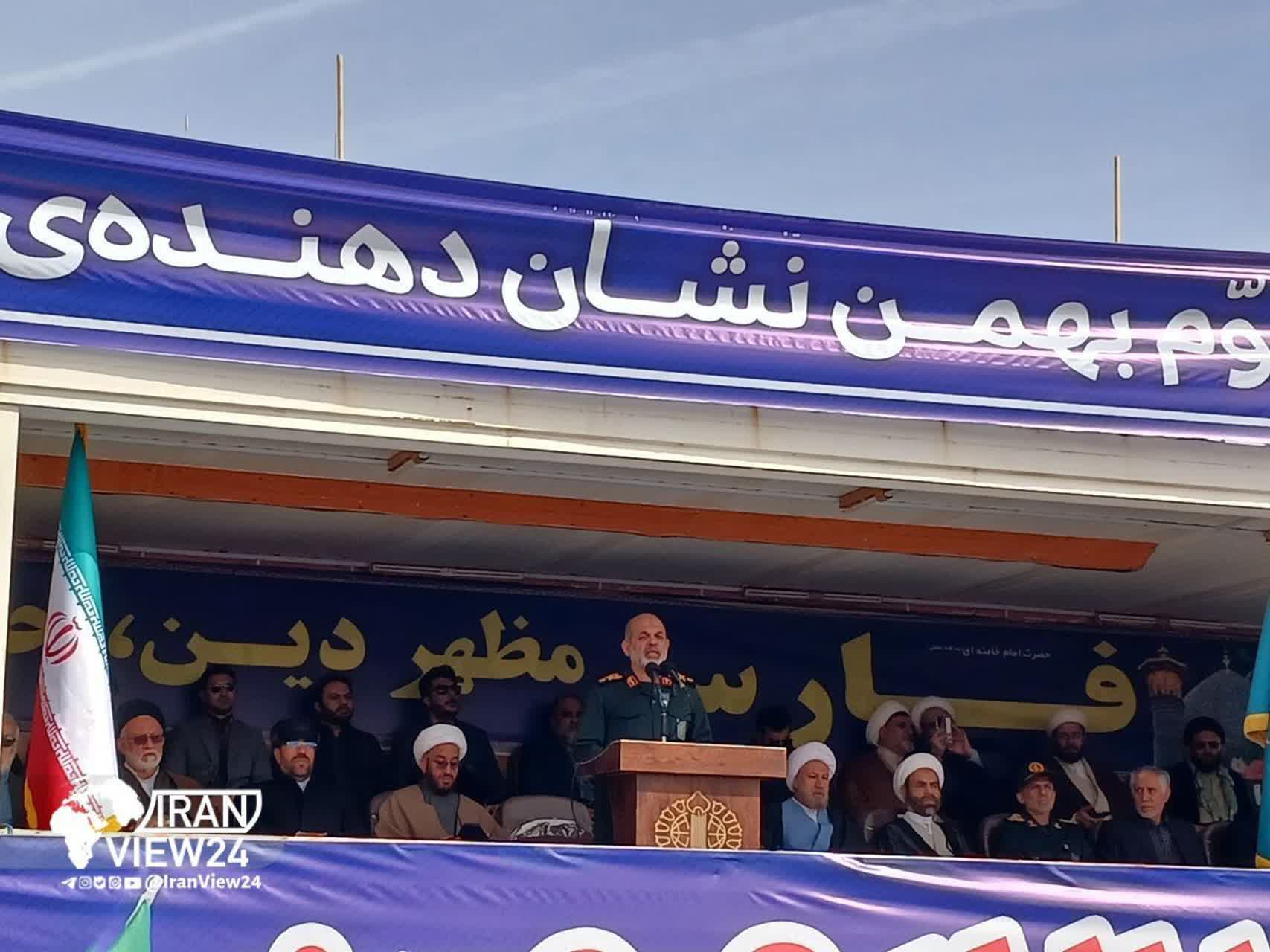Mona Rahmani – CEO of the International Institute of Future Development Activists
Conflict represents one of the most formidable challenges in human history; it not only devastates the essential infrastructure of nations but also deeply influences the collective psyche, putting immense pressure on the social and cultural foundations of communities.
Within this intricate crisis, social resilience—the capacity of a society to uphold and reconstruct its values, relationships, and structures amid the turmoil of conflict—emerges as a vital necessity. In this context, civil society—including institutions, groups, and non-governmental organizations operating independently of the state—plays an essential and irreplaceable role in fortifying and revitalizing this resilience.
The narrative surrounding the military actions of the Israeli regime against the Islamic Republic of Iran in Khordad 1404 (2015) exemplifies the multifaceted and profound impact of conflict on individuals’ lives.
This military engagement was not solely a political upheaval but rather precipitated a comprehensive psychological, economic, social, and cultural crisis influencing millions of Iranians.
The ensuing bombings and missile attacks wrought significant destruction to infrastructure, disrupted markets, and obstructed access to essential resources. Consequently, many individuals faced sudden job losses, food insecurity, and inadequate housing, profoundly shaking their daily lives.
In such critical moments, civil society organizations and non-governmental entities swiftly mobilized. They engaged in distributing vital materials, providing essential support services, offering educational workshops, and generating temporary employment opportunities.
These efforts significantly alleviated economic burdens and made important strides in the gradual rebuilding of lives. The assistance extended to those in need not only saved countless lives but also fostered a renewed sense of national security and optimism for the future.
Nevertheless, resilience extends beyond economic aspects. Cultural and identity dimensions are equally at risk during conflicts. Warfare can undermine collective identity, erode cultural values, and diminish individuals’ connections to their heritage.
In Iran’s case, however, civil society contributed significantly to strengthening social bonds and preserving cultural identity.
By fostering cultural and artistic initiatives, upholding traditions, and commemorating national and religious events, these organizations reinforced a sense of unity among the populace, reminding them that, despite adversity, they were part of a larger community with the potential to endure and rebuild.
Psychological ramifications of conflict also present serious challenges. Increased levels of anxiety, stress, and fear, particularly among vulnerable demographics such as children, women, and the elderly, can have lasting detrimental effects on society’s mental health.
In response, Iranian civil society acted as a source of support and healing, with volunteer groups and NGOs providing essential psychological counseling services, forming support networks, and creating safe spaces for dialogue. This holistic approach not only mitigated adverse psychological effects but also nurtured hope and resilience among individuals facing difficult circumstances.
Clearly, enhancing civil society and supporting its initiatives during crises necessitate an appropriate legal, financial, and cultural framework. Regrettably, public institutions often encounter obstacles such as financial constraints and legal limitations that hinder their capacity to operate effectively.
Nonetheless, recent experiences demonstrate the irreplaceable role of civil society in navigating the challenges posed by conflict; their active and meaningful participation is paramount to managing the aftermath of war.
Therefore, it is essential for policymakers and decision-makers to prioritize the strengthening of this critical sector. Initiatives aimed at fostering improved coordination among government, private sector, and NGOs, alongside the allocation of adequate resources and the promotion of a culture of social engagement and national solidarity, represent key steps in this endeavor. By doing so, social resilience can emerge as a dynamic and proactive force, safeguarding communities against future crises.
The lessons learned from the Israeli regime’s confrontation on Iranian terrain have reaffirmed that civil society, as a vibrant force closely connected to the people, can restore hope and provide essential support during even the most challenging times.
These organizations act as a bridge between the populace and the government, serving as the first line of defense and assistance when official structures face disruptions. Thus, discussions surrounding resilience in the context of conflict must acknowledge and amplify the valuable contributions of civil society.

